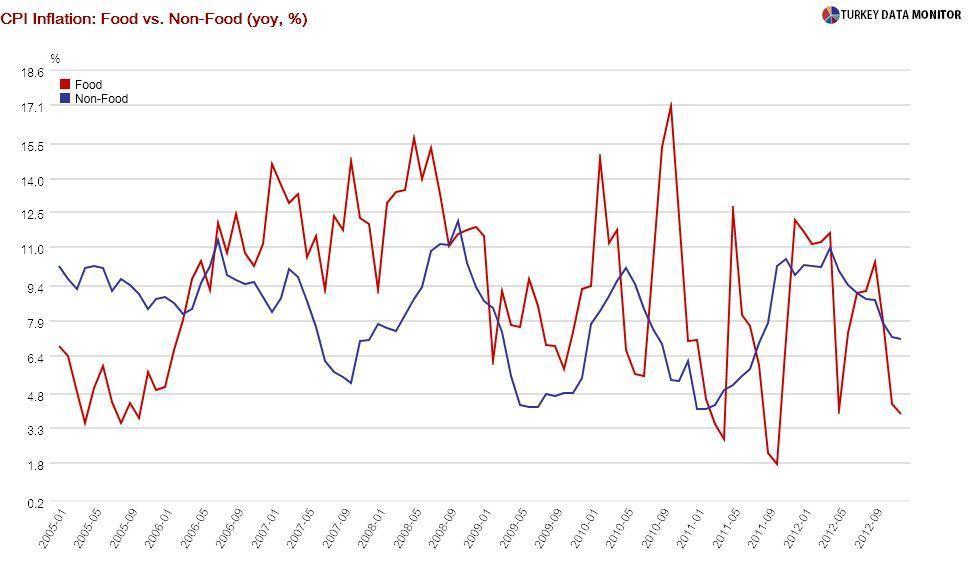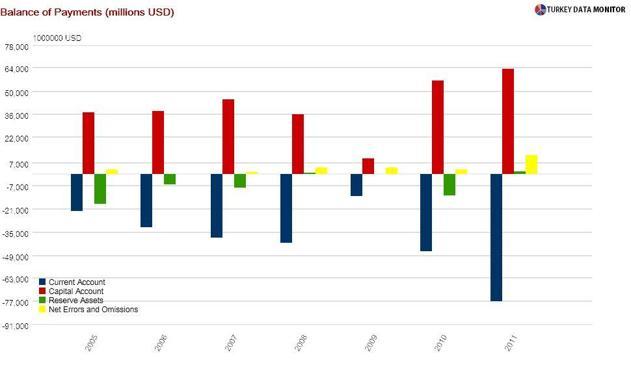Lies, damned lies and statistics
 Speaking to Turkish TV in Davos on Jan. 24, economy tsar Ali Babacan said the methodologies for measuring inflation, unemployment and the current account would be changed soon.
Speaking to Turkish TV in Davos on Jan. 24, economy tsar Ali Babacan said the methodologies for measuring inflation, unemployment and the current account would be changed soon.Babacan underlined that international agencies such as Eurostat were taking raw labor data from the Turkish Statistical Institute (TÜİK) and publishing Turkish unemployment rates lower than the official figures. This is because, according to him, the official employment figures are not adhering to international standards.
He has a point: For example, an unemployed person is defined by Eurostat, according to the guidelines of the International Labor Organization, as someone who has actively sought employment for the past month. TÜİK, on the other hand, counts someone unemployed if she has looked for a job during the last three months.
It is clear that unemployment would be lower under the Eurostat methodology. But it does not make sense to have it suddenly fall at least one full percentage point, as Babacan is expecting. TÜİK should either update the whole series using statistical techniques or make the data for the old methodology available after the changes.
As for inflation, Babacan noted that some products, such as plums and cherries, increase yearly inflation 1-2 percentage points in some months. Turkish food inflation is notoriously volatile, but many analysts, like me, would want to see some justification for the methodological change. To be utterly frank, we would be like to be assured TÜİK is not manipulating inflation numbers, like Argentina has been doing for a while.

Similarly, Babacan gave valid reasons for why the methodology for measuring tourism revenues, exports and imports would be updated. He noted that measurement errors were causing the net errors and omissions (NEOs), which have been called “unidentified financing objects” by economists, to swell. Babacan expects both the current account deficit and the NEOs to shrink after the changes.

TÜİK may be right about all these methodological adjustments, but it has been very opaque in making them. The situation is rather sensitive because inflation, unemployment and the current account are considered by many economists to be among the most challenging areas of the Turkish economy.
If the new series are released without detailed methodological explanations and justifications, they will cause many market participants to think that the government is addressing the economy’s Achilles’ heels simply by cooking up new numbers. If TÜİK does not provide comparisons with the old figures, economists will calculate their own numbers.
On a more general note, Babacan also mentioned that TÜİK had been working on these statistics by direct orders from him. This should not be a shocker, as TÜİK is under the Ministry of Development, but I think that admission may have delighted conspiracy theorists.
After all, according to Mark Twain, “there are three kinds of lies: lies, damned lies, and statistics.”










